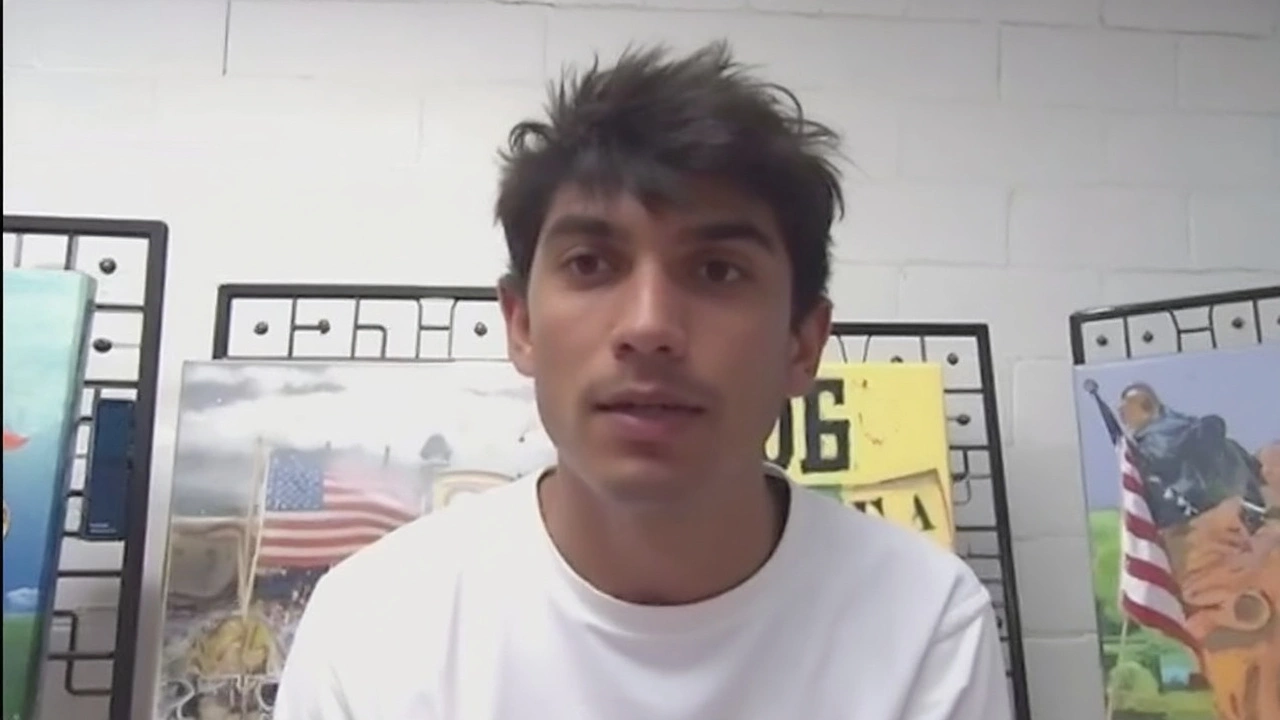US Army Veteran Detained Despite Citizenship in California Immigration Raid
Imagine serving your country, earning your citizenship, and still ending up in detention after an immigration raid—just because you happened to be in the wrong place. That's exactly what happened to George Rees, a 25-year-old U.S. citizen and Army veteran working as a security guard on a cannabis farm in California. When federal agents swept onto the property last week, the situation spiraled out of control fast.
Rees says officers shattered his car window, hit him with tear gas, and roughly dragged him out, even while he tried to explain he was not an undocumented worker. "I told them multiple times I was a US citizen. It didn’t matter," he told friends and family. What stings is that after his arrest, no one clarified what he was accused of—and he stayed in custody for days. He was shuffled to another facility downtown Los Angeles, still left in the dark with no word on charges or reasons for being there.
All this unfolded as workplace immigration raids are ramping up, part of a broader crackdown under the Trump administration. These raids have already been under fire, especially as more Americans start questioning the benefits. According to a recent poll out of California, less than a third—just 28%—now say immigration arrests at job sites help the country. The public mood keeps shifting, and this incident throws gasoline on the fire.
Rees described the operation as an unorganized frenzy, where agents seemed to grab anyone in sight. "It was chaos. Nobody listened. They cuffed people first and asked questions after—if at all," he recalled. His military service and valid US documentation didn’t matter. Employment records and explanations went ignored. After his release, Rees warned others: under these current policies, anyone could be caught up, no matter their background or legal status.

Escalating Scrutiny Over Enforcement Tactics
Rees’ experience taps into a much bigger discussion about the methods and unintended consequences of immigration enforcement. Activists and civil rights lawyers have flagged dozens of similar stories: U.S. citizens or long-term residents mistakenly swept up, detained, or even threatened with deportation during these mass operations. The bulk of these raids focus on farms, factories, and warehouses—the places least likely to have legal help on hand and most reliant on immigrant labor.
What’s most striking is the silence from officials. Immigration authorities aren’t publicly explaining what went wrong in Rees’ case, much less how agents are supposed to verify citizenship or legal status on the ground. As more stories emerge about mistaken detentions, pressure is growing for agencies to update training, improve frontline checks, and build real accountability. Why does this keep happening? Critics argue it’s a direct result of a policy focused on arrest numbers, not individual rights or accuracy.
For George Rees, the scars are more than physical. He's a US citizen who served his country, and he ended up behind bars for days, treated as an outsider in his own home. This case is now fueling renewed debate about what role immigration enforcement should play—and what safeguards need to be in place so no more Americans are left wondering if citizenship guarantees anything at all. The immigration raid on the California cannabis farm is unlikely to be the last story of its kind if current trends continue.
